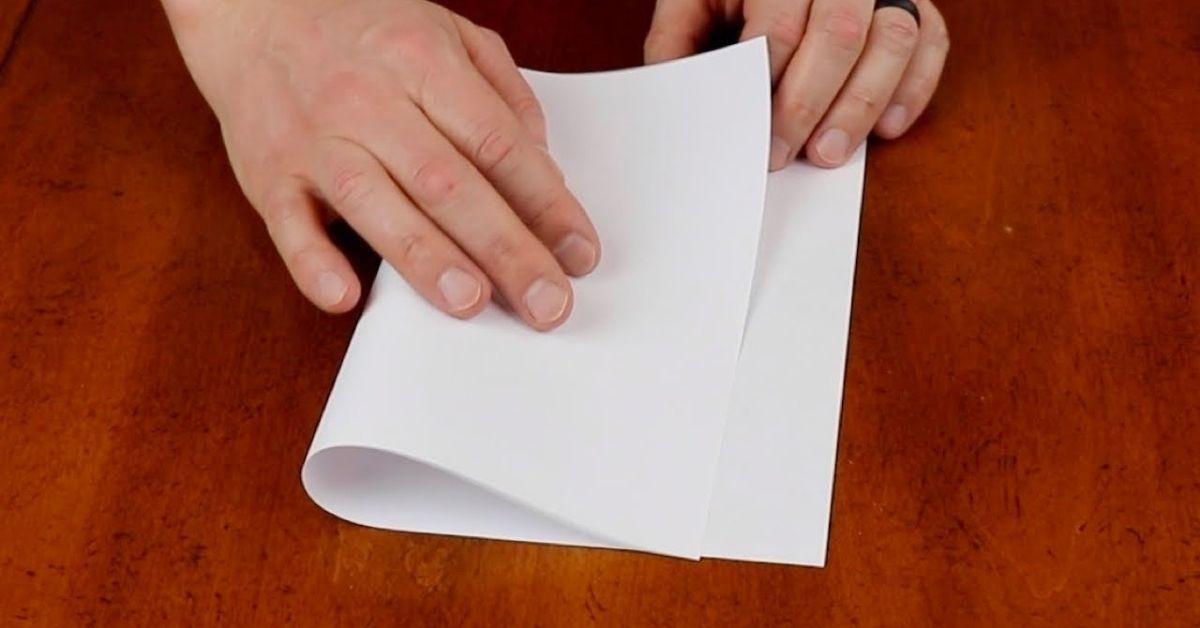FlipFact of the Day: There’s no other way to put it: We need sleep to survive. It’s a behavior observed not just in humans, but in other animals as well—and not getting enough of it will lead to cognitive impairment, health problems, and even death. Some say that the average person spends about a third of their life asleep, which isn’t really surprising. It’s interesting, though, that for something so crucial to our existence, we still can’t quite explain why we need it.
If you think about it, sleeping probably put our ancestors (or pretty much any animal in the wild, for that matter) at a disadvantage, particularly with regard to staying alert and avoiding danger. So why do we need it so much? People have been pondering the question of quiescence for thousands of years; to this day, a single, all-encompassing answer has yet to be found. There are numerous theories, though, as to why our bodies require regular amounts of shut-eye.
According to one idea, sleep helps us conserve energy, because it reduces our overall energy expenditure. Studies have actually shown that sleeping can reduce humans’ energy metabolism by up to 10 percent. Another theory points to the body using sleep as an opportunity to recover and repair itself. Research supports this as well, due to the fact that many of the body’s major restorative and rejuvenating functions (such as growth hormone release, muscle repair, and the decrease in levels of adenosine, a byproduct of cellular activity, in the brain) mostly take place while we snooze.
Recently, though, scientists have found a correlation between sleep and brain plasticity (changes in the brain’s structure and organization, also known as neuroplasticity). In other words, sleep plays an important part in brain function and development. A lack of it can have lasting negative effects on our ability to learn, react, make sound judgments, and retain memories.
Unfortunately, it’s not possible to make up for lost sleep. Your body won’t give you a pass for sleeping less than the recommended 7 to 8 hours on weekdays if you sleep in on weekends. So keep your sleeping schedule consistent, and your sleeping hours sufficient.
Still remember your 5th-grade science classes? Test your knowledge and see if you still remember these facts and fundamental concepts in human anatomy, biology, botany, and other branches of science. Click here to try the “Are You Smarter Than A Pinoy Fifth-Grader” Challenge.
Follow the hashtag #FlipFacts on Facebook and Instagram to get your daily dose of science trivia!
Cover: Sung Yoon Jo/iStock
References
- https://www.ncbi.nlm.nih.gov/books/NBK11108/
- https://www.livescience.com/32469-why-do-we-sleep.html
- http://healthysleep.med.harvard.edu/healthy/matters/benefits-of-sleep/why-do-we-sleep
- https://www.flipscience.ph/health/sleeping-in-weekends/
- https://blogs.scientificamerican.com/observations/why-do-we-sleep/
Author: Mikael Angelo Francisco
Bitten by the science writing bug, Mikael has years of writing and editorial experience under his belt. As the editor-in-chief of FlipScience, Mikael has sworn to help make science more fun and interesting for geeky readers and casual audiences alike.







